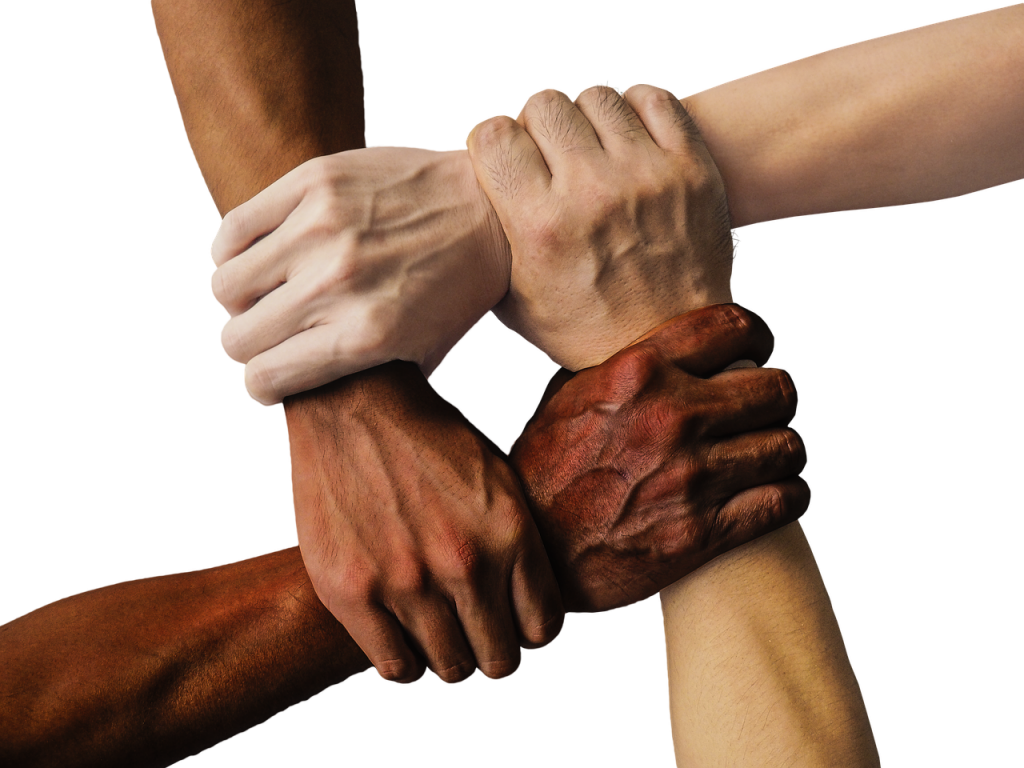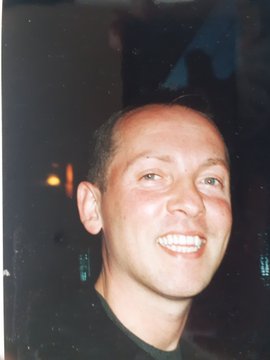
One of the things we have found out on our Virtual Mobility for All project, which is looking at the benefits and barriers to virtual mobility for people with disabilities, is the sheer work posed by logistics. Perhaps the most problematic is transport, but it isn't the only one. The list is long - probably the most problematic is transport - but it also includes assistive technology such as wheelchairs but also digital, health,physiotherapy, diet and meals, shopping and so on - depending on the nature of the disability.
And one of the big bugbears is the failure of government departments and agencies to communicate with each other. There was an excellent interview in yesterdays Guardian newspaper with Line of Duty’s actor Tommy Jessop on changing the world for people with Down’s syndrome.
The article quotes Peter Brackett, chair of the National Down Syndrome Policy Group (NDSPG), who is campaigning for a bill laying down specific rights for those with Downes syndrome and clarifying what the position is, what support people with Down’s syndrome should be getting. It will help, he says, professionals providing services, as well as people with the condition, and their parents and carers, to navigate the system. Brackett’s 15-year-old son has Down’s syndrome and he says “at every stage in his life, whether healthcare or education, we’ve had to go through the process of explaining what his requirements are, and almost educate the professionals. Unfortunately, we hear that from everybody else. There has to be a more efficient way of doing this, and it has to be something that is not dependent on where you live, the postcode lottery. It’s all about clarification of existing duties, and ensuring people understand what they should be doing.”
Jessop thinks the bill will improve life for the better for those with Downes Syndrome. “To get proper care from people who believe in them – teachers, doctors, nurses and employers too, just like other people, so we can all be healthy, happy and living our lives to the full.” For himself, he says, he has always “lived my life to the full. I have also been campaigning for better chances in life for people with Down’s syndrome all my acting life.”
I am not sure the right answer is to pass legislation for individual disabilities. Much better would be a more general approach entitling all those with disabilities to the rights they should already have and ensuring that staff are properly trained to support people with disabilities. As to the lack of joined up services - this affects us all. It is just people with disabilities are more likely to run foul of the failure of departments and services to communicate. I wonder if the answer to this lays in some kind of e-card (such as is used in Estonia and being introduced in Greece), providing services for citizens linked to their identity. Of course it is important that their identity is under their own control with the individual themselves deciding what they want shared between different organisations.








